El Salvador and Honduras advance energy-efficient and climate-friendly air conditioners through monitoring, verification and enforcement (MVE) mechanisms and testing standards with support from UNEP’s United for Efficiency (U4E), in preparation for new regional standards for higher performance cooling appliances.
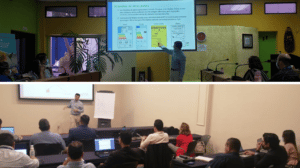 In September 2022, key national stakeholders from El Salvador and Honduras attended UNEP’s United for Efficiency (U4E) workshops, as part of the GCF Readiness Programme-funded project Leapfrogging to Energy-Efficient and Climate Friendly Air Conditioners in Cuba, El Salvador and Honduras, to gain a fuller understanding of the latest international market MVE best practices. The detailed requirements for a new Central American technical regulation for higher performance inverter type air conditioners (RTCA 23.01.78:20), which comes into force in December 2022 and which applies to both countries as members of the Central American Integration System (SICA), were a key focus of the workshops.
In September 2022, key national stakeholders from El Salvador and Honduras attended UNEP’s United for Efficiency (U4E) workshops, as part of the GCF Readiness Programme-funded project Leapfrogging to Energy-Efficient and Climate Friendly Air Conditioners in Cuba, El Salvador and Honduras, to gain a fuller understanding of the latest international market MVE best practices. The detailed requirements for a new Central American technical regulation for higher performance inverter type air conditioners (RTCA 23.01.78:20), which comes into force in December 2022 and which applies to both countries as members of the Central American Integration System (SICA), were a key focus of the workshops.
El Salvador and Honduras have the potential to reduce their CO2 emissions by over half a million tonnes annually by 2040 through straightforward improvements in the energy efficiency of their growing domestic air conditioning stock – equivalent to taking 330 thousand cars off the road. They are taking action to achieve these large energy and climate emissions savings through the Leapfrogging to Energy-Efficient and Climate Friendly Air Conditioners in Cuba, El Salvador and Honduras project. The project includes the provision of technical support for the new RTCA by providing specific recommendations on minimum energy performance standards (MEPS) and energy labels for room air conditioners and in establishing an MVE framework in line with upcoming energy and climate policies and regulations. U4E are providing training to all related stakeholders (such as customs officers, certifying national bodies, supervisory agencies, importers) on the upcoming legislative changes for higher performance cooling appliances which will benefit all consumers in both countries.
The workshops were provided by experts from U4E and U4E’s MVE expert partner ECONOLER, through both virtual and in-person sessions. In addition to familiarising participants with the requirements of the new legislation, the U4E team shared MVE good practice guidance on market surveillance activities in order to provide a solid foundation on product compliance, international testing standards and MVE processes and their implementation.
The main training workshops were carried out in person over two days in Honduras (26-27 September 2022) and in El Salvador (29-30 September 2022) led by U4E cooling expert Miquel Pitarch, and focused on the technical basis for the application of the RTCA, including the:
- Concept of energy efficiency calculation for air conditioners.
- Test points set out in the test standards referenced in the RTCA.
- Parameters required for effective product registration in the MVC.
- Information on the RTCA Energy Efficiency Label.
- Disadvantages for the consumer in the comparison of fixed and variable speed equipment in terms of the use of ‘relative savings’ based on MEPS and how to overcome them.
- Use of spreadsheet tools for the calculation of seasonal energy efficiency with ISO 16358-1, to perform a technical inspection of laboratory results.
The training workshops also included supporting information on good practices for label control, verification testing protocols and information on market surveillance campaigns.
During these workshops, participants raised technical questions on how the test standards influence the calculation of energy efficiency, the application of the RTCA for the different types of air conditioners, and how this information can be used for effective market surveillance. They also participated actively in the discussions on the circumstances within their countries and how they can improve their current activities on MVE.
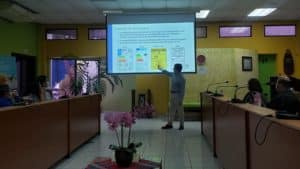 Participants in the El Salvador workshop included representatives from the key organisations who will be responsible for the enforcement of the new regulations – the Salvadoran Technical Regulation Agency (OSARTEC), the Consumer Ombudsman’s Office and the National Energy Council (CNE).
Participants in the El Salvador workshop included representatives from the key organisations who will be responsible for the enforcement of the new regulations – the Salvadoran Technical Regulation Agency (OSARTEC), the Consumer Ombudsman’s Office and the National Energy Council (CNE).
Speaking on behalf of the National Energy Council (Consejo Nacional de la Energia – CNE) the lead organisation for the project in El Salvador, its Director Eng. José Luis Campos said, “In El Salvador, we have had minimum energy performance standards for domestic refrigerators since 2010. With the entry into force of the new RTCA for air conditioners, this MVE workshop has described the best current surveillance practices in the market and we were able to discuss the details of new technical requirements with air conditioning and MVE experts, allowing us to improve our processes when implementing new regulations.”
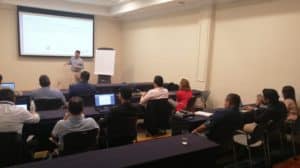 For Honduras, the key stakeholders included representatives from the Secretariat of Energy (SDE), the Honduran Accreditation Body (OHA), the Consumer Protection Directorate of the SDE and the National Institute of Metrology.
For Honduras, the key stakeholders included representatives from the Secretariat of Energy (SDE), the Honduran Accreditation Body (OHA), the Consumer Protection Directorate of the SDE and the National Institute of Metrology.
As the RTCA for air conditioners will be the first energy efficiency regulation implemented in Honduras for equipment or appliances, a preliminary workshop was provided for these participants to give a thorough grounding in MVE activities, including:
- The procedures necessary for approving the entry of a product into the market (entry conditions) and the advantages of a registration database and/or a product registration system.
- Information on customs clearance processes.
- Product sampling/selection and point-of-sale compliance practices.
- Process for the verification of product tests.
- Evaluation of laboratory test results from test verification activities.
- Due diligence, compliance procedures and allocation of appropriate sanctions in the case of non-compliance.
- Minimum capabilities expected from key government agencies.
This workshop was delivered over two sessions by ECONOLER expert Stéphanie Nour – an in-person session on 20 September 2022 covering practical information on the operational processes of MVE systems and a virtual session on 23 September 2022 describing MVE processes and considerations during the development and implementation stages.
Speaking on behalf of MiAmbiente the lead organisation for the project in Honduras, the National Director of the Environmental Climate Change Office, Karen Rico said, “Honduras is committed to increase efforts regarding adaptation and mitigation measures to achieve the global goal of 1.5°C, for which strengthening institutional, legal and monitoring understanding on energy efficient air conditioners through this MVE workshop has been key to enable us to enhance climate change action.”
To learn more about the workshops and the Leapfrogging to Energy-Efficient and Climate Friendly Air Conditioners in Cuba, El Salvador and Honduras project, please contact U4E’s Roberto Borjabad at roberto.borjabad@un.org or click here to download a copy of the project factsheet.
Leave a Reply